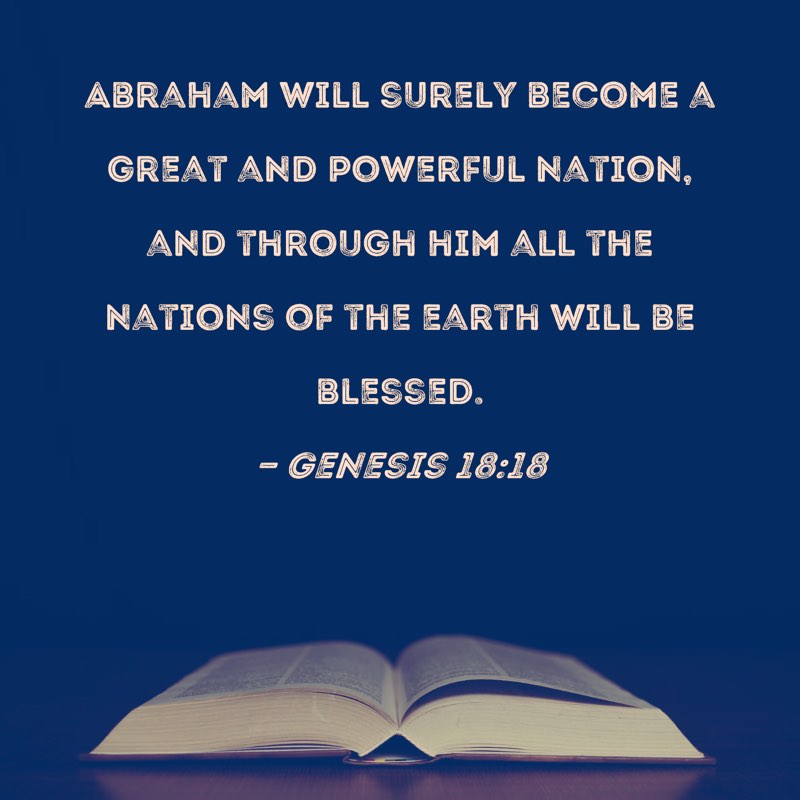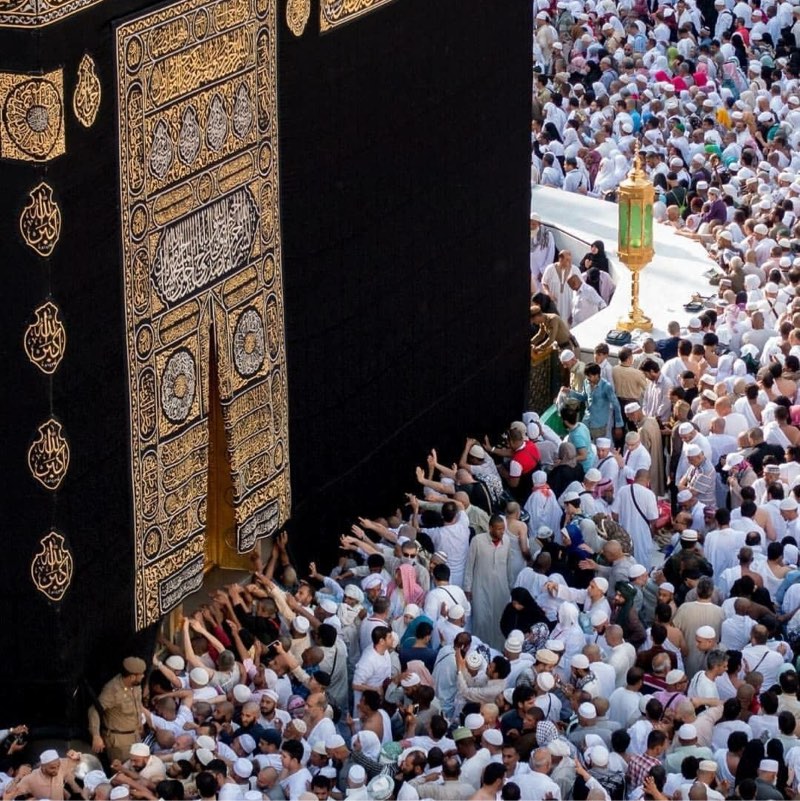The Torah, verse 18 in Genesis 22, prophesies that God will transform the religion of Abraham into the religion of many nations.
Abraham will become the father of many nations. This prophecy holds significant importance because it signifies not only Abraham's role as a biological father but also his spiritual leadership over multiple nations. The fulfillment of this prophecy can be seen through the religion of Islam, which is known to be the restored religion of Abraham.
Islam is portrayed as a religion of many nations rather than Judaism in this interpretation. Ishmael was believed to be the intended sacrifice, rather than Isaac, which explains Islam's widespread influence, particularly through the Hajj rites. What is the logic behind this argument? How can it be justified?
This argument relies on Genesis 22, verse 18, which states, "And in thy seed shall all the nations of the earth be blessed, because thou has been obedient to my voice." The debate revolves around the meaning of the word "seed" and the identity of the son who was nearly sacrificed by Abraham.
In the Jewish interpretation, the "seed" mentioned in Genesis 22, verse 18, is understood to be Isaac, and through him, the covenantal promises made to Abraham would be fulfilled.
In Islamic tradition, the "seed" is understood to refer to Ishmael, who is viewed as the ancestor of the Arab people and the Prophet Muhammad.
The Islamic tradition holds that Abraham's son Ishmael, not Isaac, was nearly sacrificed by his father. Ishmael's near-sacrifice is commemorated by Muslims during the Hajj pilgrimage. The ritual is seen as fulfilling the prophecy in the Torah and continuing the Abrahamic tradition.
Similarly, the ritual of Sa’i during the Hajj, where pilgrims walk between the hills of Safa and Marwah, commemorates Hagar’s search for water for her baby Ishmael in the desert.
Muslims consider the spread of Islam across many nations and its significant global following to be the fulfillment of the blessings promised to Abraham's seed through Ishmael.
In light of the spread of Islam throughout many nations, it has been argued that Genesis 22, verse 18, has been fulfilled and Abraham has become the father of many nations.
The idea that Abraham is considered the father of many nations contradicts the Jewish Noahide law, which limits Gentiles to being children of Noah. With Isaac, God made Abraham the father of a Jewish nation, and with Ishmael, he made Abraham the father of many nations out of Gentiles who share his faith and values.



